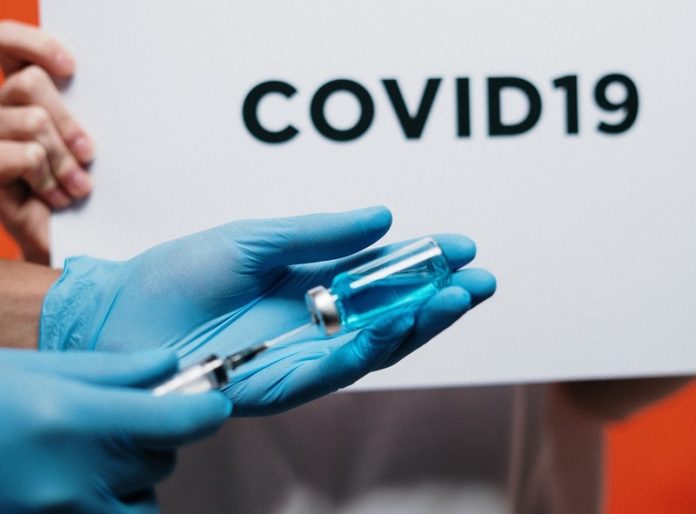
Earlier this week, the Centers for Disease Control and Prevention (CDC) and the U.S. Food & Drug Administration (FDA) recommended a pause in administration of the Johnson & Johnson (Janssen) COVID-19 vaccine.
This is because six women, ages 18-48 years, of the nearly 7 million adults who have received this vaccine experienced cerebral venous sinus thrombosis (CVST), or blood clots in the brain’s veins (not in the arteries, as is the case for most strokes).
CVST is an extremely rare but serious type of stroke caused by a blood clot in a part of the brain known as the venous sinus, involving veins that carry blood away from the brain.
Spontaneous CVST is estimated to affect 5 of every 1 million people in the world annually. It can cause serious disability or even death.
In contrast, the vast majority of strokes (approximately 87% of nearly 800,000 strokes in the U.S. annually) are ischemic strokes – blood clots in the arteries that lead to interruption of nourishing blood flow to the brain.
When should you worry that you may have CVST, or blood clotting elsewhere in the body, as compared to some of the typical symptoms after the COVID-19 vaccine, or compared to symptoms of an ischemic stroke?
CVST and Other Blood Clot Symptoms:
Severe headache
Blurry vision or shortness of breath
Fainting or loss of consciousness
Weakness
Sensory Changes
Confusion or trouble speaking
Seizures
Abdominal pain
Leg pain
Difficulty breathing/shortness of breath
Symptoms occur several days and up to 2 weeks after receiving the Johnson & Johnson (Janssen) COVID-19 vaccine. Call 911 to receive emergency medical care as soon as possible.
Typical COVID-19 Vaccine Symptoms (usually within 24-48 hours of receiving the vaccine)
Tiredness
Headache
Muscle pain
Chills
Fever
Nausea
Symptoms usually pass within 36-48 hours after receiving the vaccine. If symptoms are severe and include difficulty breathing, seek immediate medical attention – call 911 or go to the nearest emergency room.
Ischemic Stroke Symptoms (occurs in the arteries that provide nourishing blood flow to the brain)
Remember FAST:
F=Face drooping
A=Arm weakness
S=Speech difficulty or slurred speech
T=Time to call 911.
If someone shows any of these symptoms, even if the symptoms go away, call 911 to receive emergency medical care as soon as possible. Check the time so you can tell emergency responders when the first symptoms appeared.
Other symptoms may include sudden headache, vision changes, or sudden loss of balance.
Not related to vaccine.
About 1-2% of patients hospitalized with COVID-19 may experience ischemic strokes.
Researchers continue to urge everyone to receive a COVID vaccine as soon as they can receive it.
We concur with the CDC’s and FDA’s recommendations for people who have received the Johnson & Johnson (Janssen) vaccine – if they develop severe headache, abdominal pain, leg pain or shortness of breath within 3 weeks of receiving the vaccine, they should quickly contact their health care professional.
The American Heart Association strongly encourages everyone to get vaccinated with an approved COVID-19 vaccine.
In particular, people with cardiovascular risk factors such as high blood pressure, obesity, and type 2 diabetes, those with heart disease, and heart attack and stroke survivors should get vaccinated as soon as possible because they are at much greater risk of a negative outcome from the virus than they are from the vaccine.
The benefits of vaccination far exceed the very small, rare risks. The risks of vaccination are also far smaller than the risks of COVID-19 and its potentially fatal consequences.



